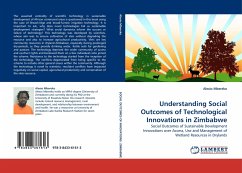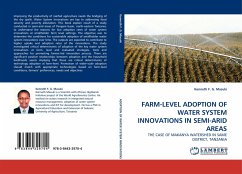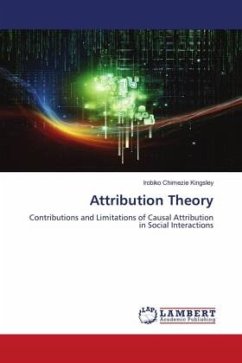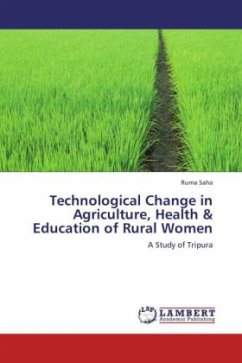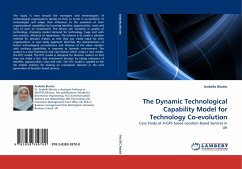The assumed centrality of scientific technology in sustainable development of African communal areas is questioned in this book using the case of Broad-ridge and broad-furrow irrigation technology. It is important to ask, why does novel technologies fail as sustainable development strategies? What social dynamics inform the success or failure of technology? This technology was developed by scientists, whose aim was to ensure cultivation of vleis without degrading the resource and also to increase agricultural productivity. Vleis are key community resources in dryland Zimbabwe, especially during prolonged dry-periods, as they provide drinking water, fertile soils for gardening and pasture. The technology deprived the wider community of access and usufruct rights and bestowed them on a few individuals who joined the scheme. Resistance to the technology started from the inception of the technology. The conflicts degenerated from being specific to the scheme to include other general issues within the community. Although the technology is novel to scientists, resultant conflicts have impacted negatively on social capital, agricultural productivity and conservation of the vleis resource.
Bitte wählen Sie Ihr Anliegen aus.
Rechnungen
Retourenschein anfordern
Bestellstatus
Storno

